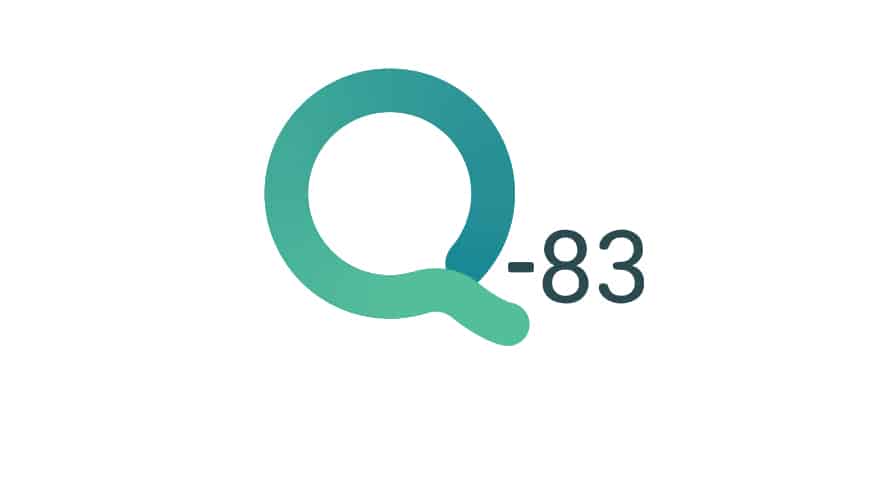With Q-83 a headline sponsor at the Influencer Marketing Show, we spoke with the managing director, Anthony Richardson ahead of the two-day event next week. We discuss the key issues in the industry, why getting your hands on accurate data is so important, and what trends will start to evolve next year.
It is great to have you as a headline sponsor at this year’s Influencer Marketing Show. What are you most looking forward to at the event this month?
When we attended the show last year, a lot of the conversation was surrounding influencer fraud, fake followers and how to protect your brand against it. Since then the conversation has shifted to valuable followers and the steps we can all take to professionalise the space in order to bring it longevity. We’re excited to share what we’ve learned over the past 12 months and how Q-83 can support the longevity and legitimacy of the channel.
Why do you think events like the Influencer Marketing Show are so important for the industry?
Influencer marketing is exploding. Given its infancy, it’s important that everyone involved in the channel works together to help it thrive. Sometimes we can get caught up in solving issues that directly affect our brands without the understanding of where they sit within the wider scope of the industry. The Influencer Marketing show is an opportunity for us to share how we are strengthening the channel and learn more about the areas we can contribute more to.
Tell us about Q-83 and how it is helping combat some of the key issues in the influencer marketing industry.
We see a lot of influencers as social publishers, just like print and digital publishers. The difference is, in traditional advertising publishers are the ones transparently sharing their data and insights with brands. Just as they have the ability to tell their own story in a way that represents their true value, we give influencers the opportunity to do the same through personalised media kits linked directly to their Instagram Insights.
Your session is all about how the live media kit is changing how we measure influence and how creators are doing business. In your opinion, what ways should we be measuring influence?
There is no one way to measure influence. Brands engage influencers for different reasons, content creation, publishing or influence. The metric used to determine success will depend on the reason you engage them in the first place. For awareness, you might measure reach, for content creation you might measure their ability to turn content around quickly or the quality of their content production, for influence you might measure shares or replies. The key is engaging influencers who will drive the outcome you want.
How is the media kit helping to position influencer marketing as a legitimate form of advertising?
Across all forms of traditional publishing like print and digital there has come a point where in order to be positioned as a credible and professional, publishers have opted in to share accurate and transparent data with independent third parties. Q-83 is giving the influencers who want to professionalise their business the opportunity to do the same, by sharing a live media kit linked directly to their Instagram they are able to share the true value of their audience and it’s authenticity directly with brands. This results in longer relationships built on trust and transparency.
How can brands get accurate data and can we always trust the data we are receiving?
Whoever your data provider is, brands need to ask the question; “where is this data coming from”. The only way to receive 100% accurate data is directly from the influencer or through opt-in platforms with access to the API. Since Facebook’s privacy changes to their API last year a lot of platforms lost access to accurate influencer metrics and have since had to resort to other far less accurate (or ethical) ways of getting it.
Lastly, how do you think influencer marketing will evolve in 2020?
I hope to see the sell side of the industry adopt the level of professionalism that exists in digital advertising. I also think it’s important industry bodies create best practice guidelines on what information must be shared e.g. True Reach, Engagement, Audience Demographics etc. and have consistent definitions for all terminology within the industry. Australia has recently set up the Australian Influencer Marketing Council (AimCo) in order to develop the above.
Catch Anthony’s session at the Influencer Marketing Show on Day 2 and make sure you’re at Q-83’s workshop. You can purchase a ticket for the workshop here.
